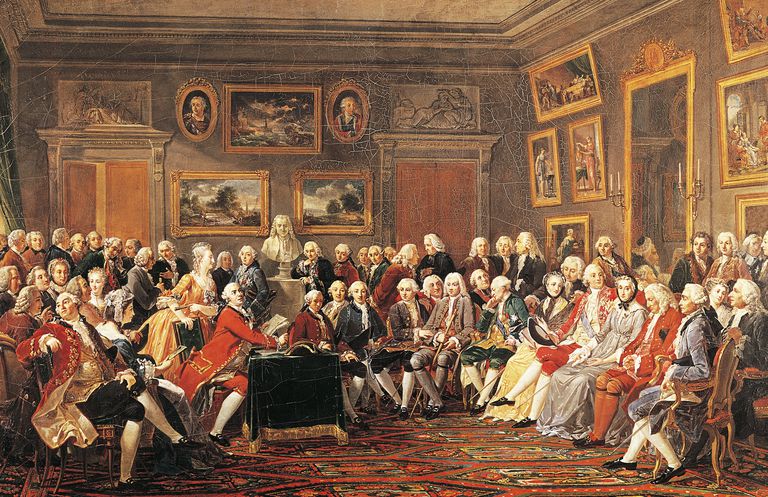
By: Nurhafizah Ibrahim
Have you ever heard of Imam Bediuzzaman Said Nursi? Or Risalah An-Nur?
Or if you are Malaysian, most probably I guess you have heard of the inspiring story of the late Ahmad Ammar (1993 – 2013). Why does it matter, anyway? Because it is through him that many Malaysian youth are triggered to learn more about Islam, and Risalah An-Nur also became increasingly known since his demise. Personally, he is the reason why I choose to learn Risalah An-Nur, and do my internship at NRTC, an organization under Hayrat Foundation in collaboration with IIUM. To know more about the late Ahmad Ammar, here is a short interview with Ahmad Ammar’s parents by Sinar TV.
Back to the topic, briefly, Imam Said Nursi (1877 – 1960) was born at Nurs village, Bitlis, Turkey. At the age of 9, he received his early education from his elder brother, Mulla Abdullah. He also learnt from many respected scholars in Eastern Anatolia. Being able to memorized 90 volumes of Islamic texts (such as sarf, nahu, mantiq, tafsir Al-Quran and ‘ilm kalam) within 3 months had made him being entitled as “Bediuzzaman (The Unique of The Time)” by his teacher Mulla Fathullah.
Upon his meeting with Hasan Pasha (a governor) in Van, he realized that the Muslim ummah were in need of positive sciences. Then, he studied positive sciences such as mathematics, geography, history, physics, chemistry, astronomy, geology and philosophy on his own within short time.
Imam Said Nursi stayed in Van for 15 years, teaching in the madrasah of Horhor. His biggest turning point was when the British Minister of Colonies, Sir William Ewart Gladstone was reported in the news, saying to the House of Commons that they have to remove the Qur’an from the central life of Muslim if they want to dominate the Muslim world. This had made Imam Said Nursi turned all his life into a mission of saving the ummah through the light of the Quran. So, Imam Said Nursi proposed to build a university in Eastern Anatolia which would combine the positive sciences and religious sciences, unite both hearts and minds to tear down the enemies’ plans. But surely, it was not an easy task. He was being tortured physically and mentally, and suffered until death, yet he never stop from the mission. Until today, we could see how Risalah an-Nur has affected thousands of lives.
So long as there is this book (Qur’an) existing in the hands of Muslims, there will be no peace in the world. We will never be able to dominate them. We should find a way to take this Qur’an from their hands and do as much as possible to remove the Qur’an from being central to the life of Muslims and alienate them to it.”
Sir William Ewart Gladstone, the British Minister of Colonies
It is a long history that it would take several books to write the history in detail. However, I would just wrap up the history in 5 take-home lessons.
The reasoning ability
Imam Said Nursi was known for his unique method of combining the logical reasoning (‘ilm mantiq), sciences, and tafsir of Quran in his writing of Risalah An-Nur. This unique method is used to fight against secularism and materialism of the modern time.
This shows that it is important to encourage the youth to think and ask critical questions while learning religious sciences. Because developing the reasoning ability (with the guide of Qur’an & sunnah of course) is urgently needed at the current time when Muslims are being attacked intellectually and spiritually.
How to develop the reasoning ability? In simple way, we may start with a small study circle to debate and discuss a general issue. Encourage the members to ask questions, suggest ideas, and evaluate each other’s opinions. Be open while maintaining good manners.
Delayed gratification
Imam Said Nursi was willing to delay the immediate reward (living a leisure life while young) for a later reward (the true rest in Hereafter). Today’s youth are in need of this ability to control one’s impulse. Because in real world, great things do not come in one blink. To train oneself to be able to delay gratification, perhaps we can start with small things like fasting, maybe? Or any other suggestion?
To know more what is delayed gratification, click here.
I think these 2 points are enough for now. The other 3 points are quite lengthy. So, I will continue sharing the gems on my next post, insyaAllah.
This article was first published by Nurhafizah Ibrahim on her blog Tinta Tabib. She can be reach at inurhafizah93@gmail.com .
Related Posts

Kami mengalu-alukan cadangan atau komen dari pembaca. Sekiranya anda punya artikel atau pandangan balas yang berbeza, kami juga mengalu-alukan tulisan anda bagi tujuan publikasi.





